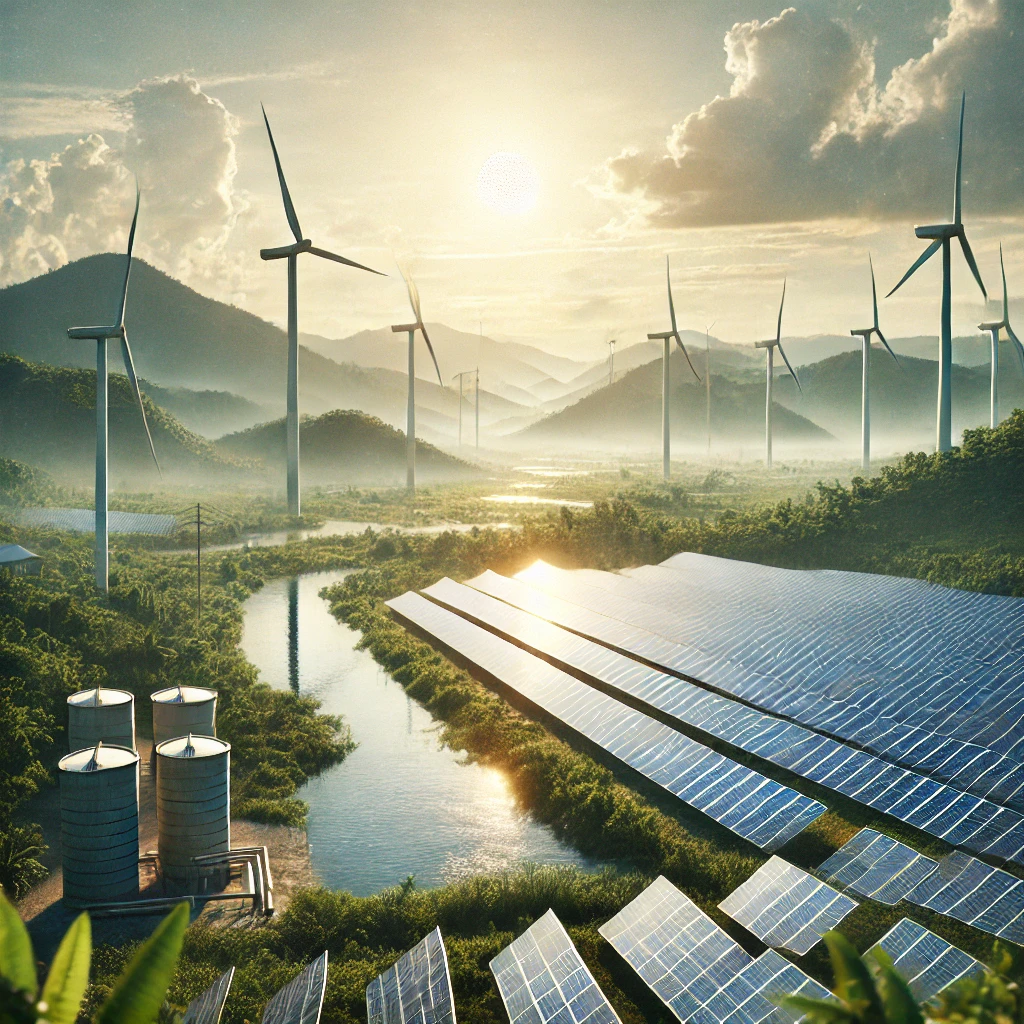The Vietnam-European Union (EU) partnership has become a shining example of international cooperation fostering sustainable development. Through a series of agreements and collaborations, Vietnam and the EU have created a framework that not only strengthens their bilateral ties but also contributes significantly to global efforts in environmental protection, social equity, and economic sustainability.
Strengthening Bilateral Relations
The Vietnam-EU partnership is rooted in a shared commitment to sustainable development. The EU has been a long-standing partner of Vietnam, supporting the country’s growth through trade agreements, investment, and development aid. The EU-Vietnam Free Trade Agreement (EVFTA), which came into effect in August 2020, has been a cornerstone of this relationship. This agreement has eliminated nearly 99% of tariffs, opening up new markets for both Vietnamese and European businesses. But beyond economic gains, the EVFTA also includes provisions on environmental protection, labor rights, and sustainable development, ensuring that growth does not come at the expense of the environment or human rights.
Economic Growth with a Green Agenda
Vietnam has experienced rapid economic growth in recent years, and its partnership with the EU has played a significant role in this development. The EU is one of Vietnam’s largest trading partners, and the EVFTA has facilitated a significant increase in exports from Vietnam to the EU, particularly in sectors such as textiles, agriculture, and electronics. However, what sets this partnership apart is its emphasis on sustainable development.
The EVFTA includes a chapter dedicated to trade and sustainable development, which covers issues such as environmental protection, labor standards, and corporate social responsibility. For instance, both parties have committed to implementing international standards on labor rights, as outlined by the International Labour Organization (ILO), and to adhering to the Paris Agreement on climate change. This ensures that economic growth is not only robust but also sustainable in the long term.
Promoting Renewable Energy and Green Technologies
One of the most significant areas of cooperation between Vietnam and the EU is in the field of renewable energy and green technologies. Vietnam, with its abundant natural resources, has enormous potential for renewable energy, particularly in solar and wind power. The EU has been instrumental in supporting Vietnam’s transition to a low-carbon economy by providing technical assistance, funding, and investment in renewable energy projects.



For example, the EU has funded several projects aimed at improving energy efficiency and increasing the use of renewable energy in Vietnam. This includes support for the development of wind farms and solar power plants, as well as initiatives to enhance the energy efficiency of buildings and industries. These efforts are not only helping Vietnam to meet its growing energy needs in a sustainable manner but also contributing to the global fight against climate change.
Social Equity and Human Rights
In addition to promoting economic growth and environmental protection, the Vietnam-EU partnership also focuses on improving social equity and human rights. The EVFTA includes commitments to uphold labor rights and improve working conditions in Vietnam. This is particularly important in sectors such as textiles and agriculture, where labor rights have historically been a concern.
The EU has been working closely with the Vietnamese government and civil society organizations to promote labor rights and social equity. This includes support for initiatives aimed at improving working conditions, enhancing social protection, and reducing inequality. By addressing these issues, the Vietnam-EU partnership is helping to ensure that the benefits of economic growth are shared more equitably across society.
Enhancing Legal and Institutional Frameworks
To further support these efforts, the EU has also been involved in strengthening Vietnam’s legal and institutional frameworks. This includes providing technical assistance and capacity-building support to help Vietnam align its laws and regulations with international standards. For example, the EU has supported the development of new labor laws in Vietnam, which aim to improve working conditions and protect workers’ rights. These efforts are helping to create a more inclusive and equitable society in Vietnam, where the benefits of economic growth are shared more broadly.
A Model for Global Cooperation
The Vietnam-EU partnership is a model for how countries can work together to achieve sustainable development. By combining economic growth with environmental protection, social equity, and human rights, this partnership is helping to create a more sustainable and inclusive future for both Vietnam and the EU. Moreover, it demonstrates the importance of international cooperation in addressing global challenges such as climate change, inequality, and poverty.
As the world continues to grapple with these challenges, the Vietnam-EU partnership offers valuable lessons for other countries and regions. It shows that by working together and committing to shared values, countries can achieve sustainable development that benefits all members of society.
Internal Links:
External Links:

